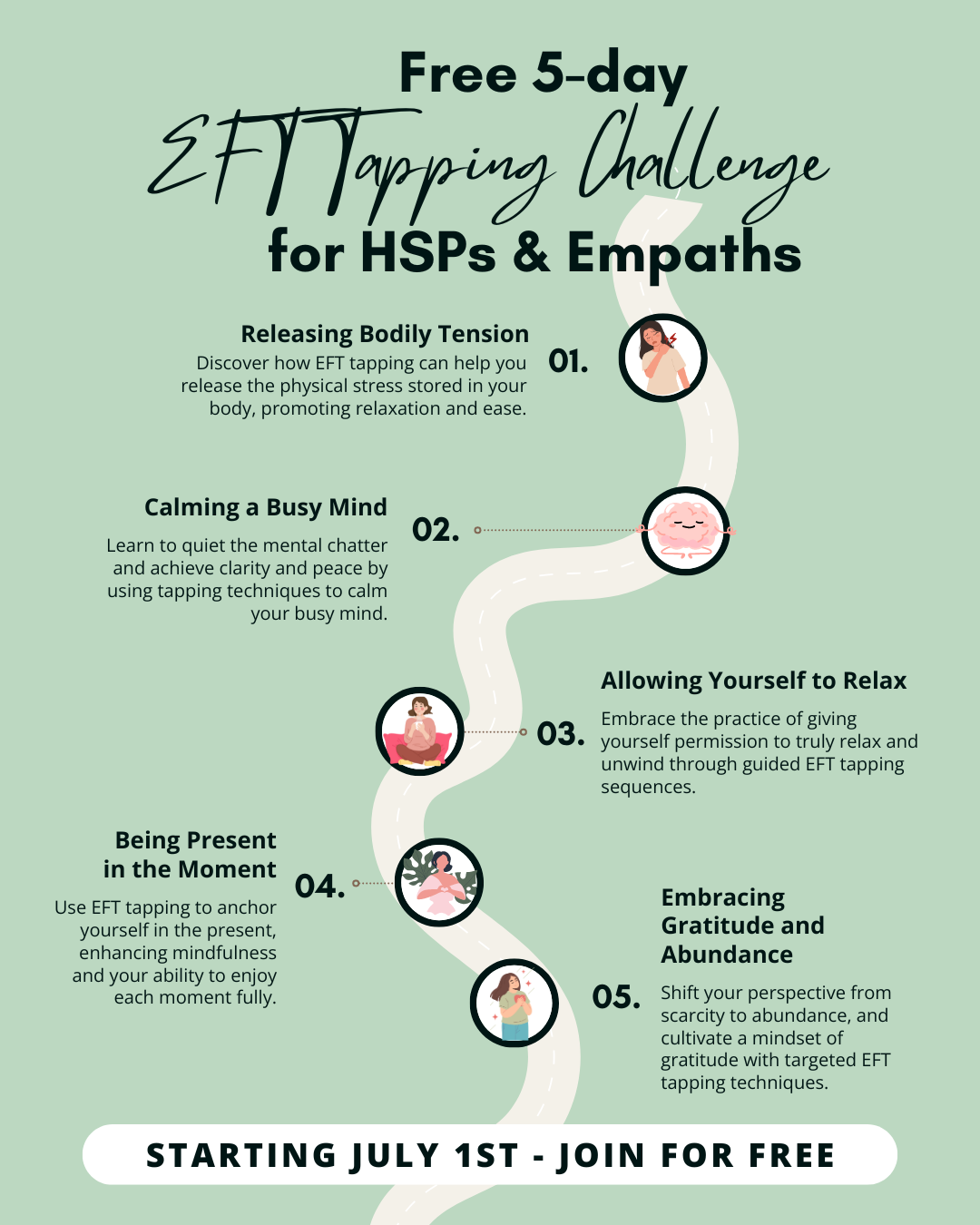For the average highly sensitive person, managing time can seem an impossible feat. Between anxiety and unattainable goals, it is very easy to feel overwhelmed and unmotivated. To become more efficient with achieving your goals, try these six powerful time management tips.
Hey there, lovely readers! We want to be completely transparent with you. Some of the links in this blog are affiliate links, which means if you click on them and make a purchase, we may earn a small commission at no additional cost to you. 😊
We only recommend products and services we genuinely believe in and have personally used or researched. Your support through these links helps us keep bringing you valuable content, so thank you for being amazing!
Estimated reading time: 8 minutes
Every person will have struggles with time management at some point in their life. For the average highly sensitive person, managing time can seem an impossible feat. Between anxiety and unattainable goals, it is very easy to feel overwhelmed and unmotivated.
However, you do have it in you to live a more productive and fulfilled life. By putting in a little bit more effort, you can accomplish more of the tasks you set out to complete. To become more efficient with achieving your goals, try these six powerful time management tips.
Here’s What You’ll Learn:
Why is Time Management Important?
Having and maintaining powerful time management skills can be useful for both personal mental health and our relationships with the people around us. When we feel as though we are not doing enough with our time we become frustrated, which could become emphasized if you are a highly sensitive person.
In the Journal of Occupational Health Psychology, “it was hypothesized that work-family conflict would be related to job dissatisfaction and health complaints.” Most people want to do their best for the people they care about, but may not always behave that way.
Admittedly, this starts with getting your life back into your control. So how can you practice powerful time management techniques being a highly sensitive person?
#1 Prioritize What You Want To Time Manage
Lists are one of the most beneficial keys to powerful time management. Of course, you should know what it is exactly what it is that you want to achieve. Once you have that, you can begin consolidating the tasks to make the workload more bearable.
You should have a combination of difficult and easy-to-accomplish items on your master to-do list of productivity. The more difficult tasks to get them out of the way, and the easier ones to help you feel like you are doing more.
This method is not for deceiving, because you are indeed doing the task. It is simply to encourage a healthy mindset. If you feel like every task is taking you 2 hours or more to complete, you may not want to do the other things on your tasks on your list.
Highly sensitive people need to be aware of what precisely needs to be done. Then you can ask yourself what you have in your power to do about it. These main tasks and goals will create a to-do list that implements powerful time management.

#2 Organize Goals With Time Management In Mind
There is only so much time in a day, so it is a given that everything you might have on your to-do list may not get completed. That is why the last tip touches on the importance of prioritization. But, what happens when you still can’t seem to reach the goals you previously set?
You reevaluate your priorities, and then you organize them. Maybe you overestimated yourself, which is something a lot of highly sensitive people deal with. Not only is this normal, but it is a habit that you can break.
From the time you wake up to the time right before you go to sleep, you have that time in your day to be productive. It would be gracious and beneficial to yourself to also subtract the times in your day where you eat. Despite the urge to want to complete everything, you have to first ensure you are taking care of your health.
Another good habit to implement is to set a specific time for the fulfillment of certain tasks. For instance, at 3:30 every other day you could water your plants. This will aid in the problem of procrastination by making you feel like you have an appointment with yourself.
#3 Start Early For The Best Time Management
In the case of striving for the best time management, the phrase “the early bird gets the worm” really applies. This tip is probably the most explanatory out of them all. It is obvious that if you wake up earlier, then you should have extra hours to execute your to-do list.
Unfortunately, this is not always the case. Just because you are up at an earlier hour does not make you an inherently more productive person. You might not even be a morning person. Not to say you can’t become one.
By waking up at a certain time in the morning, it allows you the space to wake up at your own pace. You can relax, have that coffee, and make some much-needed breakfast. This time management tip is especially helpful for maintaining your mental health.
The most important thing is that you can take your time. No one likes to wake up in the morning and have to rush into doing work right away. It also promotes an unhealthy attitude towards doing work as something you have to do at the sacrifice of yourself.
To avoid this, try waking up at your own pace at an earlier time. Start working on your tasks when you feel the most awake and motivated. Notice the productivity flow into bettering your time-management skills.
#4 Take Breaks To Recharge Motivation
Notably, waking up early gives you more time in the day. So much, that you may find yourself getting tired or feeling a bit of burnout. This powerful time management tip recommends you take breaks every once in a while.
With 24 hours in a day, you may feel the need to make every single minute count for productivity. This mindset is unrealistic and toxic to both your mental and physical health. Your body needs rest and so does your mind.
Begin implementing blocks of time in your day for some self-care. You could watch an episode of your favorite Netflix tv show, or you could do some meditation. Regardless of whether or not you choose quiet time or a fun time, spending time for yourself will motivate you to get back on track with what you set out to do.
#5 Keep Track of Time
Between the breaks and your actual tasks, it becomes extremely important to keep track of the time as it passes. You want to make sure that you are giving yourself adequate lengths of time for breaks so that your work is done to the best of your ability.
Quarterly check-ins are a productive and relatively easy way to begin integrating time awareness. It can look something like setting an alarm every 2-4 hours to remind you to check your to-do lists. This way you can get a sense of whether or not you are still on track.
If you find yourself being off the schedule you previously set, now is a good time to redirect and reorganize. This tip is about acceptance of your abilities. You don’t need to be overwhelmed to feel productivity with your work. Adopting this easy-going mentality will help with self-awareness and ultimately bettering time management.
#6 Hold Your Time Management Accountable
Accountability is a useful tip to ensure your time management is effective. Essentially, this tip translates to did you get done what you set out to get done today?
If you didn’t that is 100% okay. Did you get at least one task complete? Then you could argue you were productive. Just maybe not as productive as you’d like. What can you do differently with your time management that could have made this day go by more efficiently? This discernment is what will motivate you to do better tomorrow.
Some things that you could change for the coming days or weeks can include switching up your environment and extending the time you set for certain tasks. By reflecting on what you can do better, you allow yourself to grow.
You have to work on the skills you already have before you can begin incorporating new ones into your routine. After all, developing a powerful time-management system is all about trial and error and not giving up on a better you.









